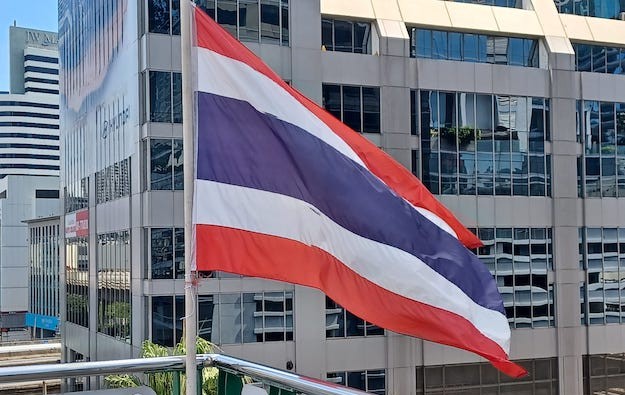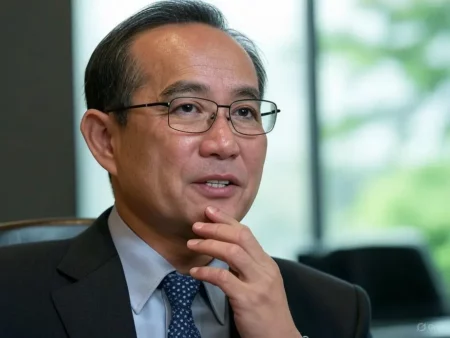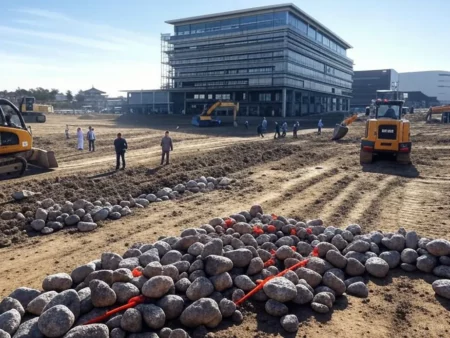The Thai Cabinet recently passed a new casino draft bill aimed at implementing restrictions on local gamblers. This decision has sparked widespread attention and discussion across society.
The Thai Cabinet held a meeting recently where it officially approved a new draft bill regarding casino operations. The passage of this bill marks a significant step in Thailand’s regulation of the gambling industry, particularly in terms of restrictions on local gamblers, which has generated extensive discussion and concern within the community.
According to the content of the draft, the Thai government plans to impose a series of restrictions on local residents entering casinos, aiming to reduce the risk of gambling addiction and the negative impacts on society. Specifically, the draft stipulates that local gamblers must provide identification when entering casinos, and there will be strict limits on each gambler’s monthly gambling expenditure. These measures are intended to protect public health and financial security, especially for young people who may fall into difficulties due to gambling.
The background for this bill’s proposal is the Thai government’s desire to manage the gambling industry through legalization and regulation, in order to avoid the spread of underground gambling and illegal betting activities. In recent years, Thailand’s underground gambling market has been expanding, attracting a large number of gamblers, particularly among young people influenced by economic pressures and social factors. The government hopes that this new bill will effectively reduce the allure of underground gambling and provide a safer and more orderly environment for legitimate casino operations.
However, the passage of this bill has also sparked controversy. Some sociologists and psychologists have expressed concern, arguing that mere restrictions may not address the root problem of gambling addiction and could lead gamblers to operate on the fringes of the law, increasing social risks. Additionally, some opponents have pointed out that the legalization of casinos could bring greater social costs, including family breakdowns and rising crime rates. They urge the government to strengthen education and preventive measures against gambling addiction while promoting casino legalization.
In light of the attention from various sectors of society, the Thai government has stated that it will conduct further assessments and adjustments regarding the implementation of the draft. The government has committed to regularly monitoring the operations of casinos and their impact on society, making necessary adjustments based on actual circumstances. Furthermore, the government plans to enhance education and awareness campaigns for local residents to increase public understanding of the risks associated with gambling, aiming to mitigate the potential harms of gambling on individuals and families.
Despite the controversies, this decision by the government undoubtedly represents a significant step in the development history of Thailand’s gambling industry. With the implementation of the draft, Thailand will enter a new era of gambling, as the legalization of casinos will bring new tax revenues and employment opportunities to the country. Balancing economic development with social responsibility will be an important issue that the Thai government must address in the future.
In the days ahead, the Thai government will continue to engage in dialogue with various sectors of society, listening to diverse opinions to ensure the effective implementation of the new policies, creating a safer and healthier living environment for the general public.























